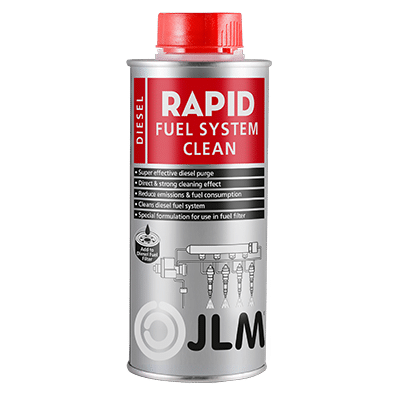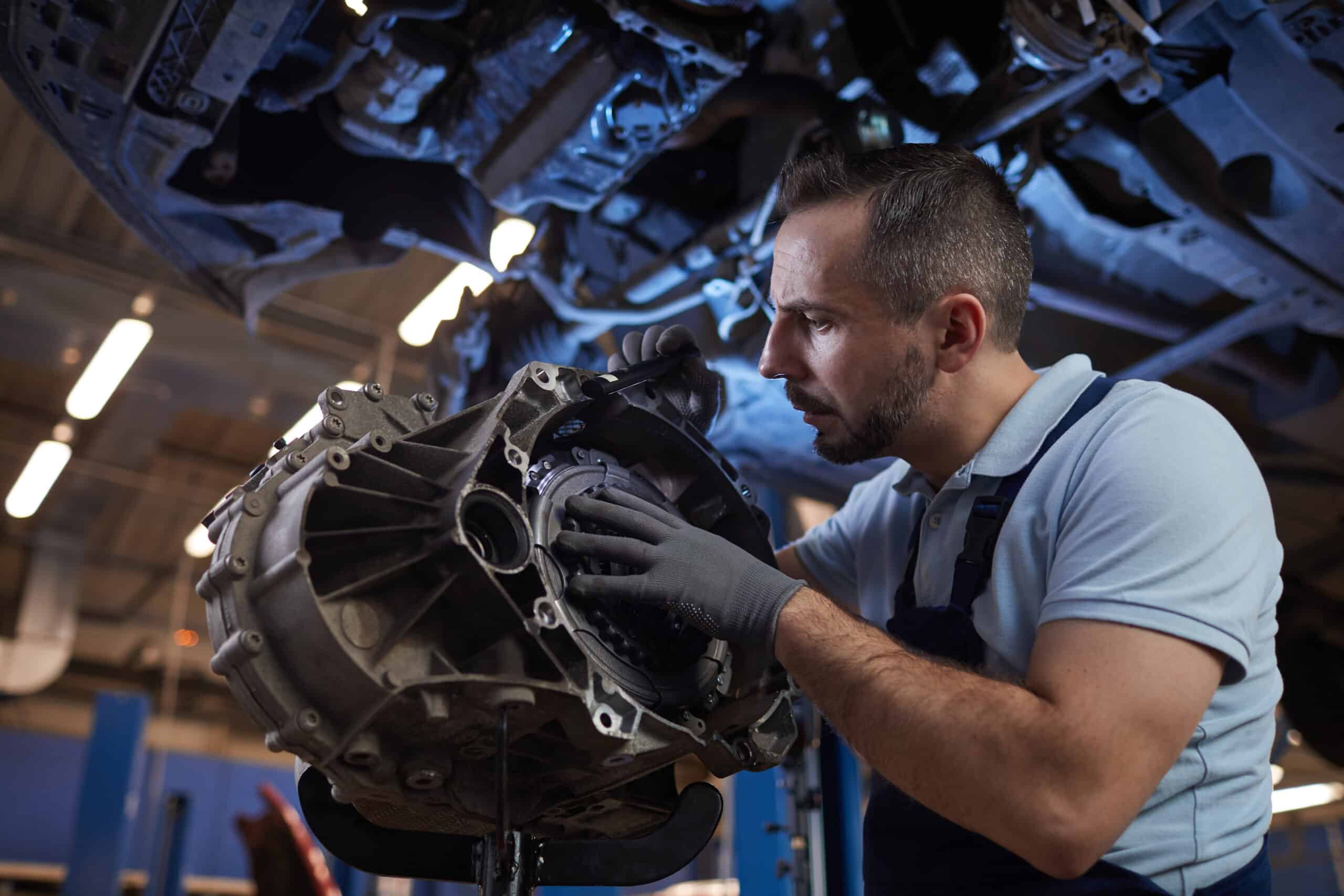In addition to the well-known JLM Rapid Fuel System Clean there is now an extra-concentrated JLM diesel system cleaner available for use directly IN THE FUEL FILTER. A powerful remedy for the professional.
Product information
JLM Rapid Fuel System Clean is a highly concentrated diesel system cleaner. Added undiluted via the fuel filter it quickly and efficiently removes soot deposits from the fuel rail, injectors, valves, pistons, and from the combustion chamber.
Suitable for internal cleaning all heavily contaminated diesel engines (old and new) and for resolving less well-known diesel faults and engine problems. JLM Rapid Fuel System Clean also prevents internal engine components from the effects of dirt/soot build-up such as knocking on part load or irregular idling.
For best results replace the fuel filter before using JLM Rapid Fuel System Clean. Fill the new filter with JLM Rapid Fuel System Clean and allow the engine to run undiluted on the additive. The remaining JLM Rapid Fuel System Clean can be added directly to the fuel in the tank.
How Diesel Engines Get Dirty
Soot occurs in diesel engines as a result of the combustion process. This soot adheres to the valves, pistons and diesel injectors. The subsequent build-up progressively worsens the efficiency of the combustion process causing loss of power, irregular idle and excessive emissions.
Amongst other things, the build-up of dirt is responsible for the piston rings sticking to the piston resulting in leaks between the pistons and the cylinder wall and gradual loss of compression accompanied by increased oil consumption as the oil scraper rings can no longer retain oil. As commercial diesels are checked for soot emissions during their periodic inspections, this can lead to a failed inspection.
Frequently
asked
questions
These are the most common questions we get from a potential distributor.



